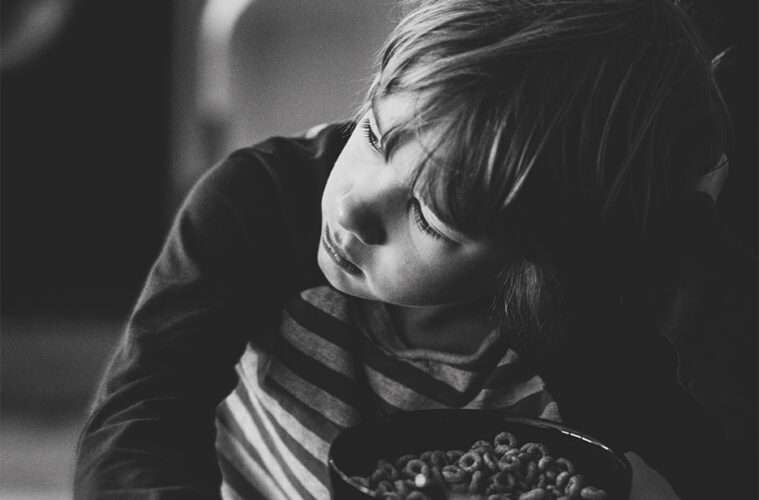“Food justice is not just about feeding the hungry; it’s about empowering communities and creating lasting change.”
– Leah Penniman
As the holidays approach, it’s easy to picture abundance. Tables full of food, laughter spilling from living rooms, the comforting hum of togetherness. But just beyond those warm windows, many of our neighbors are facing a very different season.
Food insecurity in Denver has reached levels not seen in decades. The loss of SNAP benefits this month will leave thousands of families scrambling to make ends meet. Local pantries report record numbers of visits, and shelves that used to stay full for weeks now empty in days. This is not a distant problem; it is happening right now, affecting families throughout our city, from students at Denver South High School to working parents and seniors living on fixed incomes. Many families are juggling multiple jobs or navigating unexpected medical expenses while trying to make their grocery dollars stretch. For children, these shortages mean going to school hungry, missing after-school programs, or skipping meals that are essential for their learning and growth. The stress of not knowing where the next meal will come from weighs heavily on parents and children alike, and the effects ripple through every part of family life.
In this moment of heightened need, the Denver South High School Giving Grocery stands out as a beacon of community care. We have written about this program in the past because it is close to our hearts as parents of South High School students. More than ten years in the making, the pantry has expanded beyond its original mission of serving the Newcomer Program and now supports more than 200 students each week and, by extension, their families. Each Thursday after school, students are invited to “shop” for fresh produce, dairy, eggs, bread, meat, and pantry staples, all free of charge. The pantry also includes a personal care section with laundry detergent, shampoo, toilet paper, and other essentials that families often cannot afford.
The Giving Grocery is run entirely by volunteers made up of parents, neighbors, and school supporters, who dedicate countless hours to keeping the shelves stocked and the doors open. Students themselves play a key role, helping unload deliveries, organize items, and assist their peers. This hands-on involvement teaches responsibility, empathy, and leadership while creating a safe, welcoming environment. Volunteers often share that even small acts, like sorting donations or greeting a student with a smile, can make a lasting difference. For families, it provides not just food, but reassurance, stability, and dignity. Every item donated, every hand that helps, contributes to a ripple effect that strengthens the entire neighborhood. Monetary donations are also very welcome and can be made here: donorbox.org/denver-south-giving-grocery.
If you’re looking for a meaningful way to give back this holiday season, consider contributing to the Giving Grocery through our neighborhood food drive, organized by Jen Frenkel of South and Leslie Beck of the Wash Park East Neighborhood Association (WPENA). Dona-tions will be collected through Friday, November 21 at the Wash Park Recreation Center.
Items that make a real difference include vegetable cooking oil, dried chilies, dried beans, canned corn, hominy, rice, soy sauce, chicken broth, chicken bouillon, trail mix, flour, applesauce, dried oregano, sesame oil, salt, vinegar, pepper, sugar, bottled water, black tea, green tea, coffee, pasta, pasta sauce, tomato paste, dried milk, boxes of cereal, jars of peanut butter and jelly, toothpaste, sanitary pads, tampons, and laundry detergent (pods).
We also encourage readers to support other local organizations featured in past issues, such as Metro Caring, We Don’t Waste, and Food Bank of the Rockies, each doing vital work to keep Denver families fed. Every donation and volunteer hour helps ensure children and adults alike have the nourishment they need. For those who cannot donate items, volunteering your time, sharing information about local food drives, or simply checking in on neighbors are all ways to strengthen the network of care in our community.
Food is more than nourishment. It is dignity, connection, and care. When we feed one another, we strengthen our community and remind ourselves that every neighbor matters.
Because no one should go hungry this season.

